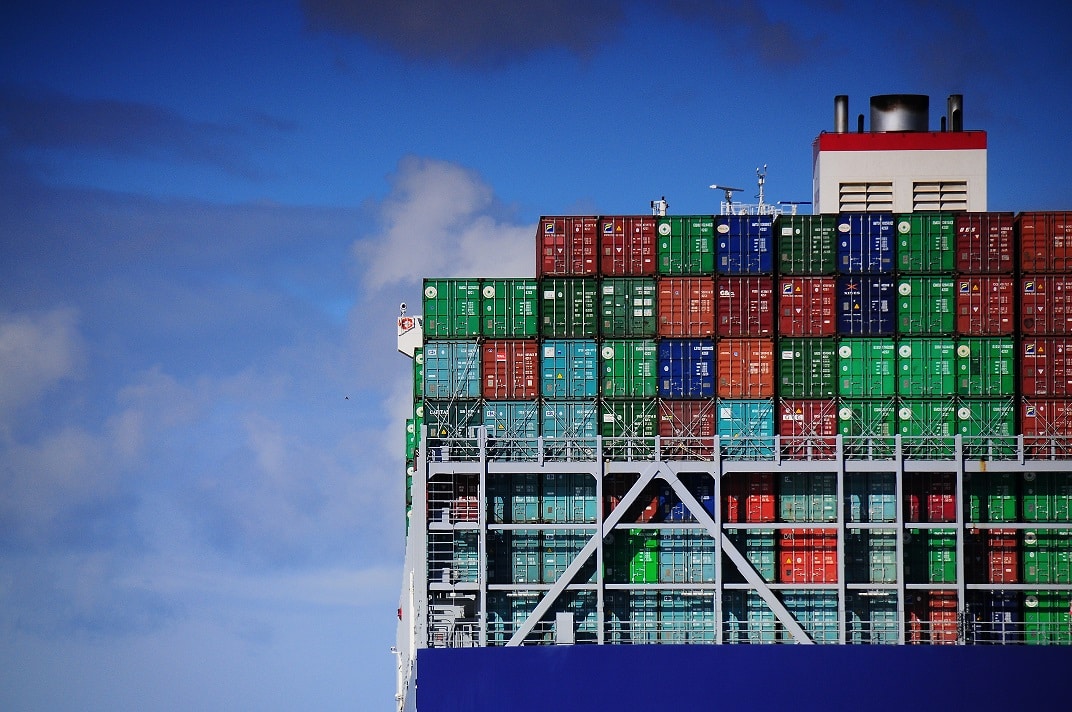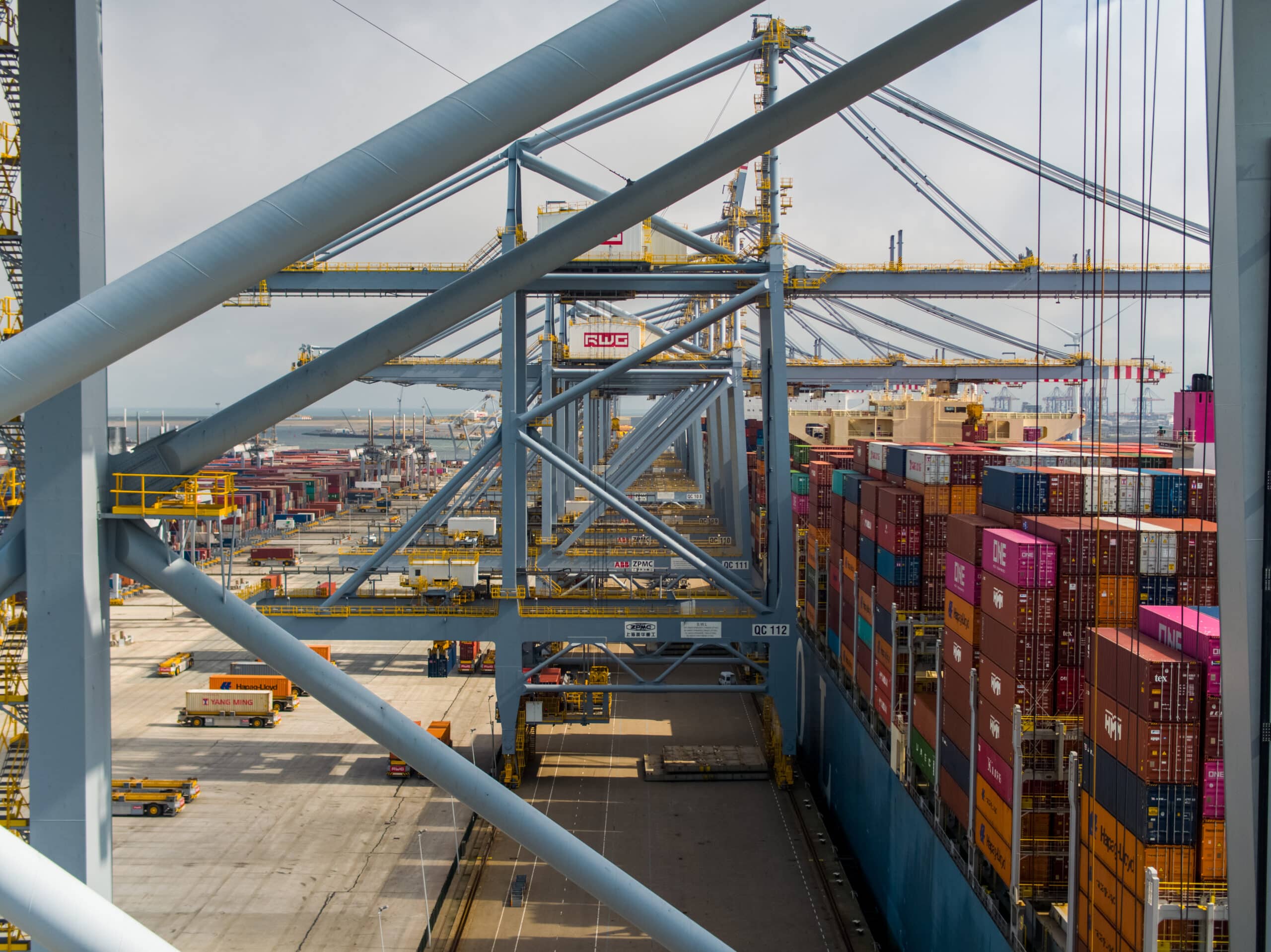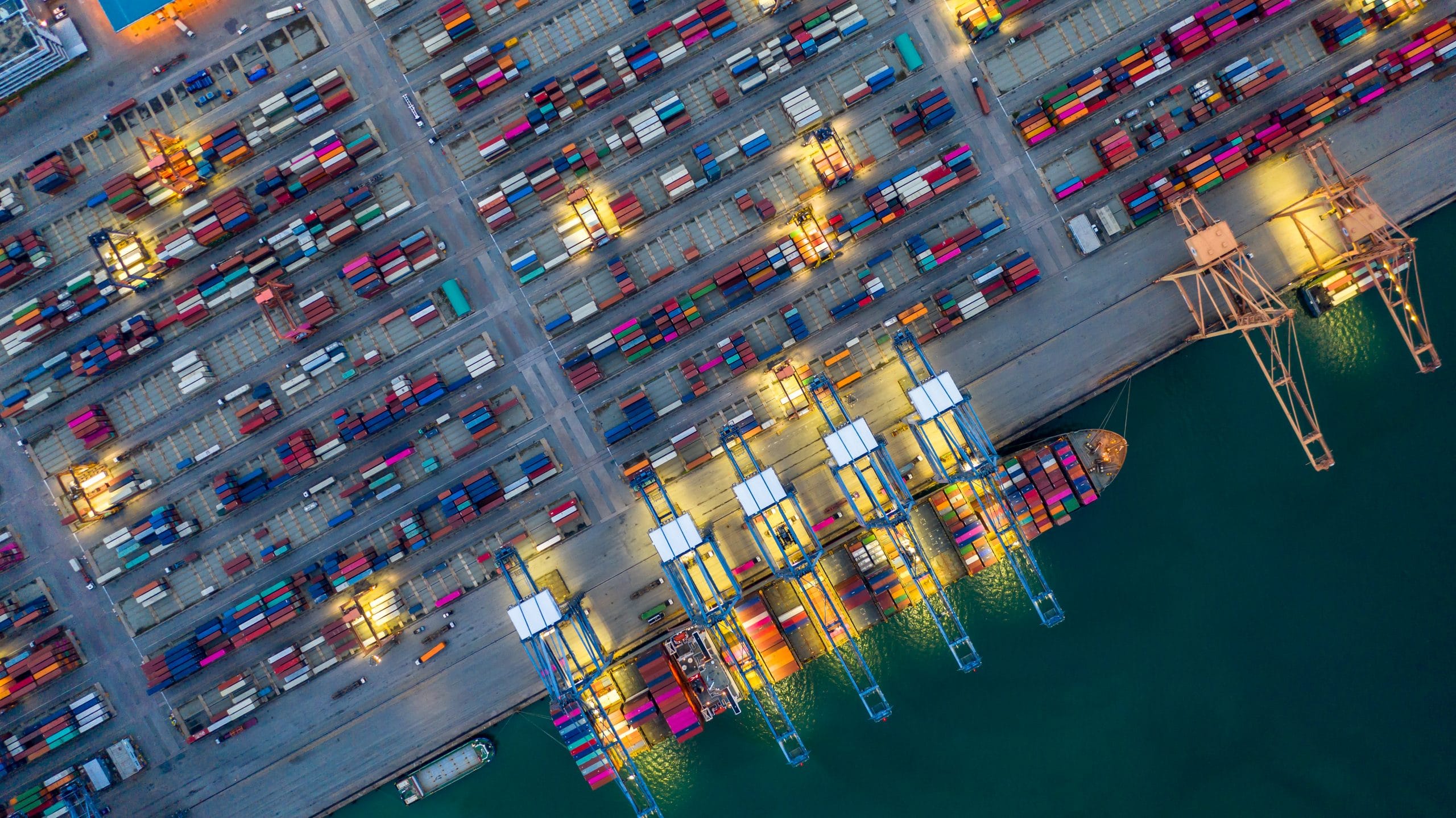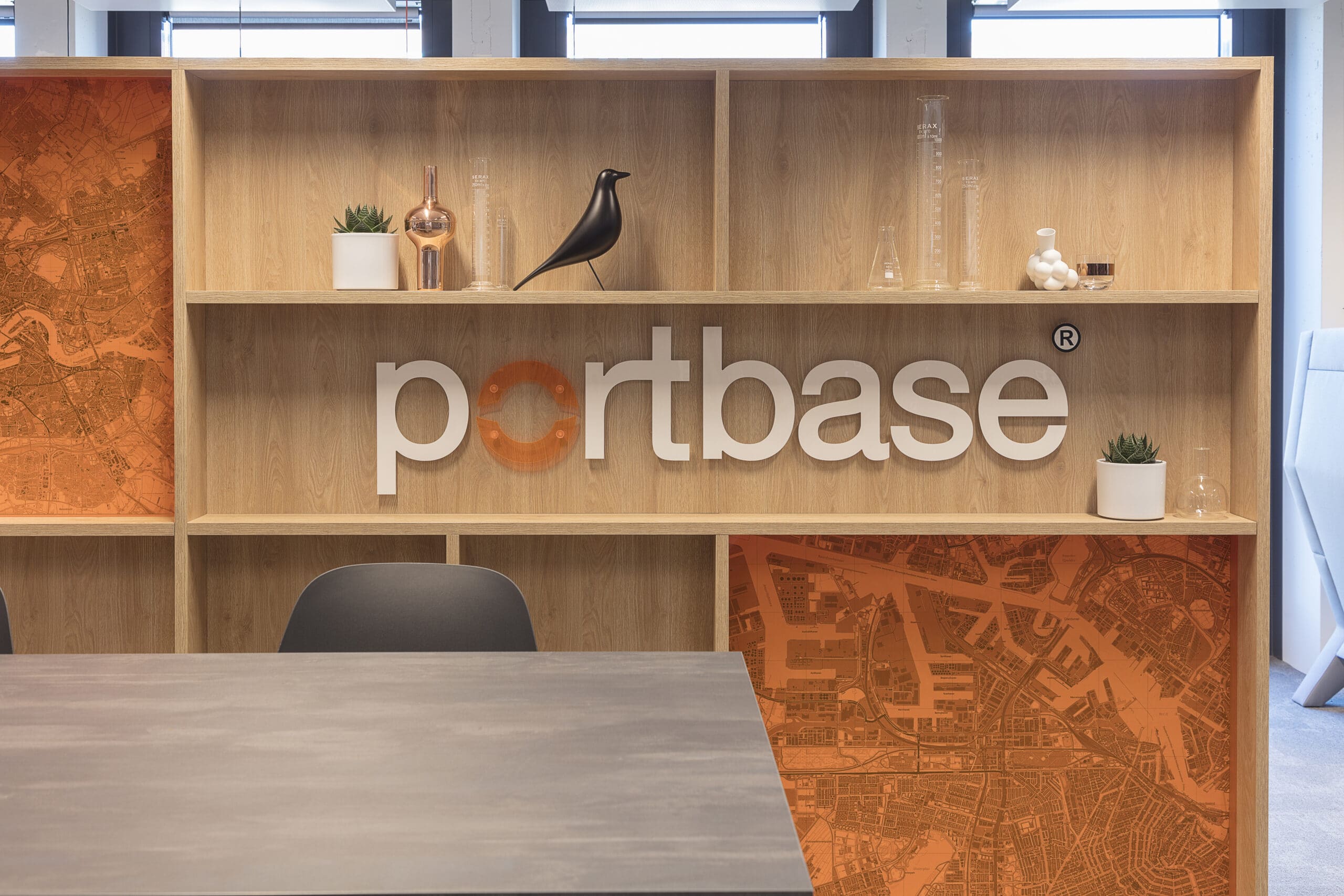To give the Netherlands a leading position in the digital management of logistics chains. If everything goes according to plan, a number of parties, maybe including Portbase, will start working on this goal from the end of this year until 2027 in the Digital Infrastructure Logistics programme.
The necessary funding for this programme will come from the Dutch government’s National Growth Fund. The ambition of the programme is to make the entire business community in the logistics sector ‘digital ready’. The current prominent role of the Netherlands in international logistics chains cannot be taken for granted. The world is changing rapidly due to digitisation. The Dutch logistics sector is not at the forefront of this digital development. If our country wants to remain a logistics leader, an acceleration of digitisation is absolutely necessary.
“If our country wants to remain a logistics leader, an acceleration in digitalisation is absolutely necessary”
More than just another nice report
Manager of Strategy & Innovation at Portbase Marten van der Velde emphasises the concrete nature of what is envisaged between now and 2027. “It won’t be just another nice report, dashboard or digital tool. The large group of small and medium-sized logistics companies must also be able to use all the planned innovations for the fast and efficient exchange of information in their daily practice.” It has been calculated that the implementation of the programme up to 2035 will contribute EUR 167 million to the gross domestic product and EUR 9.3 million to climate objectives. “These social effects were very important for the National Growth Fund to honour.”
Mobile phone as a metaphor
The Digital Infrastructure Logistics programme comprises several work packages. The foundation, driven by the Port of Rotterdam, is the development of a Basic Data Infrastructure for the Dutch logistics sector. This is a set of agreements and components that ensures that the entire logistics world can easily communicate and share data with each other safely and reliably. To explain the idea behind it, Van der Velde holds up his mobile phone. “This device is actually a basic infrastructure. Whether you have an iPhone, a Samsung or another brand, you can always talk to each other. Each device offers a number of basic applications, with extras you can choose separately. Translated back to logistics: Portbase provides a basic infrastructure for the port logistics chains and Cargonaut does the same for aviation. This is interchangeable, it works the same. Just like an iPhone can call a Samsung. In addition to the basic elements required for the operation of, in our case, the port, other parties can make their own applications on this basic infrastructure. It’s comparable to the apps you install on your phone as you please.”
“With our approximately 5,000 customers, we can really take projects further in practice”
Getting started in living labs
A second work package in the Digital Infrastructure for Logistics programme is the realisation of a number of concrete innovative applications that link up with the Basic Data Infrastructure. This is done in living labs. Portbase finds these interesting and sees a lot of potential in them, says Van der Velde: “With our approximately 5,000 clients, we can really take projects further in practice. In this respect, Portbase is looking at the living labs that fit in well with the context of the community system, such as the realisation of chains of trust, the Container Dossier for the broad sharing of container data, making reliable information available about the arrival time of cargo and the Container Transport System. This last living lab wants to achieve that Customs can follow cargo throughout the port.
“The results of the programme must make the logistics business truly ‘digital ready'”
Landing in practice
To ensure that the Basic Data Infrastructure and the living labs ultimately have a wide landing in logistics, a third work package of the Digital Infrastructure Logistics programme focuses on communication with the business community and actual implementation. The results of the programme must make the business community in the logistics sector truly ‘digital ready’. The ambition is to get at least half of all logistics companies in the Netherlands on board.
In preparation for a flying start
The aim is to officially launch the Digital Infrastructure Logistics programme on 1 October 2022. Project and programme management is currently being worked on. Van der Velde: “On 1 October, we will be able to get off to a flying start on accelerating the digital developments that will strengthen the Netherlands’ leading international position in logistics.”





